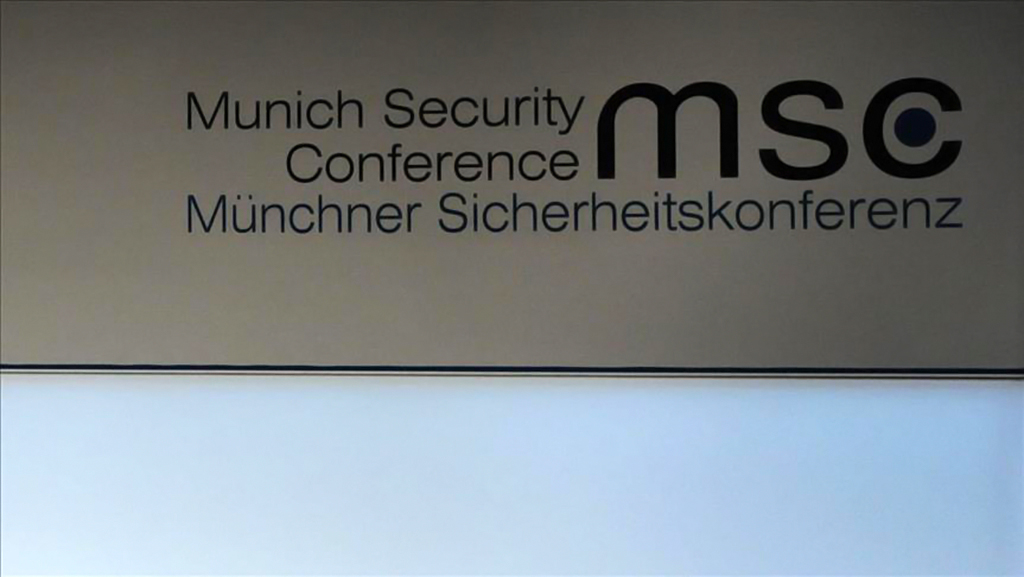The changing landscape of global security
The Munich Security Conference is an influential platform where global security trends are discussed every year by academics and policymakers.
More


A warning from Erdoğan and a war of words in Paris
President Erdoğan has called on Western powers to stop trying to negotiate new Sykes-Picot style agreements in the Middle East and North Africa, and urges them to support Turkey's fight against terrorism
More
Policies of ‘organizing’, ‘controlling’ and ‘modernizing’ Islam stem from the old colonial discourse that promotes the domestication of the ‘good Arab’
The escalating violence in French media continues to worsen every day. I am surprised that my fellow citizens are encouraging a possible civil war in France with calmness and serenity, as if it were a normal scenario we should anticipate in the short or long term.
The United Arab Emirates (UAE) has recently emerged as a revisionist and expansionist state, not only in the Middle East but also in North Africa, the Horn of Africa and even the Balkans.
The current American administration, led by an ultra-nationalist and xenophobic politician, has abandoned the traditional principles of American hegemony, namely liberal democracy and the free market
Moving beyond crisis diplomacy in Turkish-American relations
Turkish-American relations have been in a situation of permanent crises for the last five years..
More


The future of NATO after Brussels
NATO's Brussels Summit witnessed "strong debates on defense expenditures," showing that the rupture within the alliance is growing.
More
The American invasion of Iraq can be demonstrated as a textbook example of how to kill a state and destroy a population, if not a nation.
The U.S.'s continuous support for the People's Protection Units (YPG) in northern Syria has elicited political criticism and moral outrage in Turkey.
President Recep Tayyip Erdoğan went to the Vatican to meet with Pope Francis. His official visit was significant because it was the first time in 59 years that a Turkish president has gone to the Vatican.
The U.S.'s approach to the crises in Iraq, Libya, Syria, Egypt, Yemen and Palestine since 2010 has been about its experience of the hegemonic crisis.
Due to its unilateral and irresponsible foreign policy and conflicting political discourse, Trump's America instigated the rise of anti-Americanism even in friendly countries
U.S. and Western Europe are joined at the top of the global pyramid by aspiring emerging powers led by China and India seeking to redefine existing power balances and institutional settings.
The neo-medievalism in regional geo-politics enforces passing alliances and unlikely groupings in several areas in the Middle East
Acting as a stabilizing force in a volatile region requires constant economic and technological prowess
The current crisis is a prelude to Qatar's disciplining, the deeper polarization between Iran and the Gulf and the undermining of the Muslim Brotherhood and Hamas
To make the region stronger and politically more powerful, Turkey and the Gulf states should shoulder the responsibility and start taking steps to develop a close mutual cooperation
Mr. Erdoğan's reaction to his guest's references to "Islamist terrorism" provided valuable insights into their conversation
In this atmosphere the NYT continues with its oppositional stance to Turkey and radical anti-Erdoğan sentiment, despite its supposed liberal editorial line.
A visitor of the Diyanet Center notes that the mosque is already filled with Muslims from various backgrounds, all gathering every week for Friday sermons and excited by the scene that makes them feel at home.

















